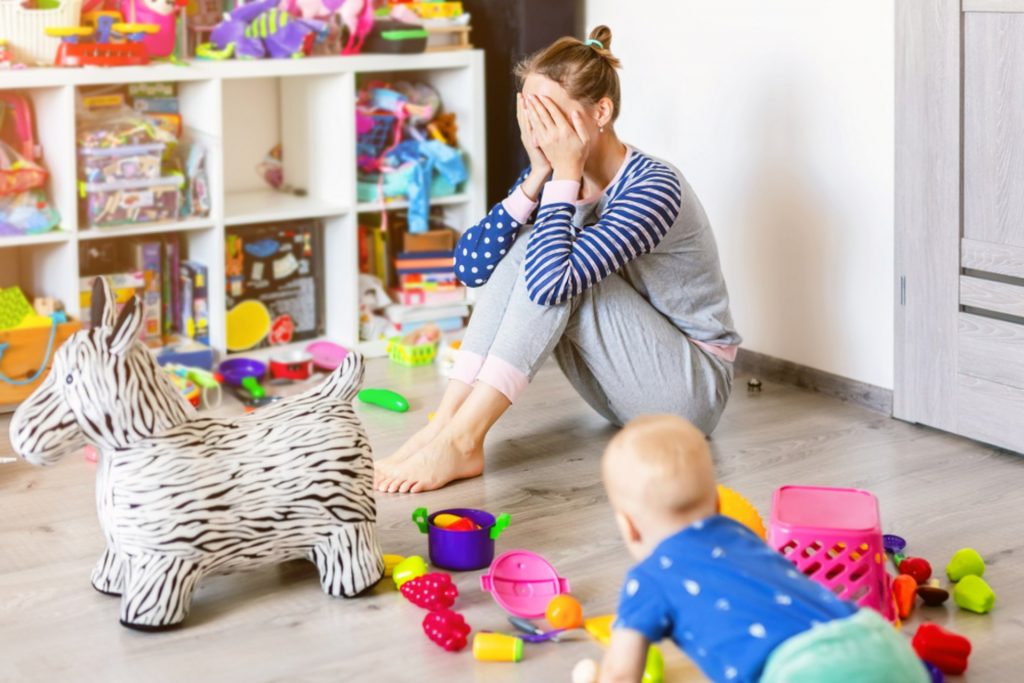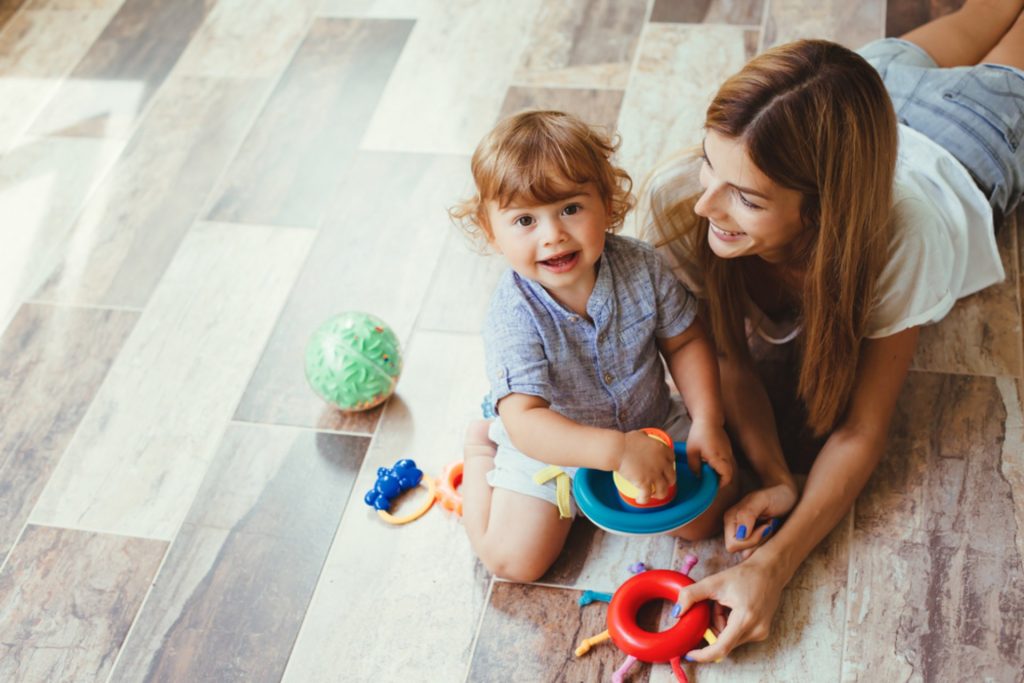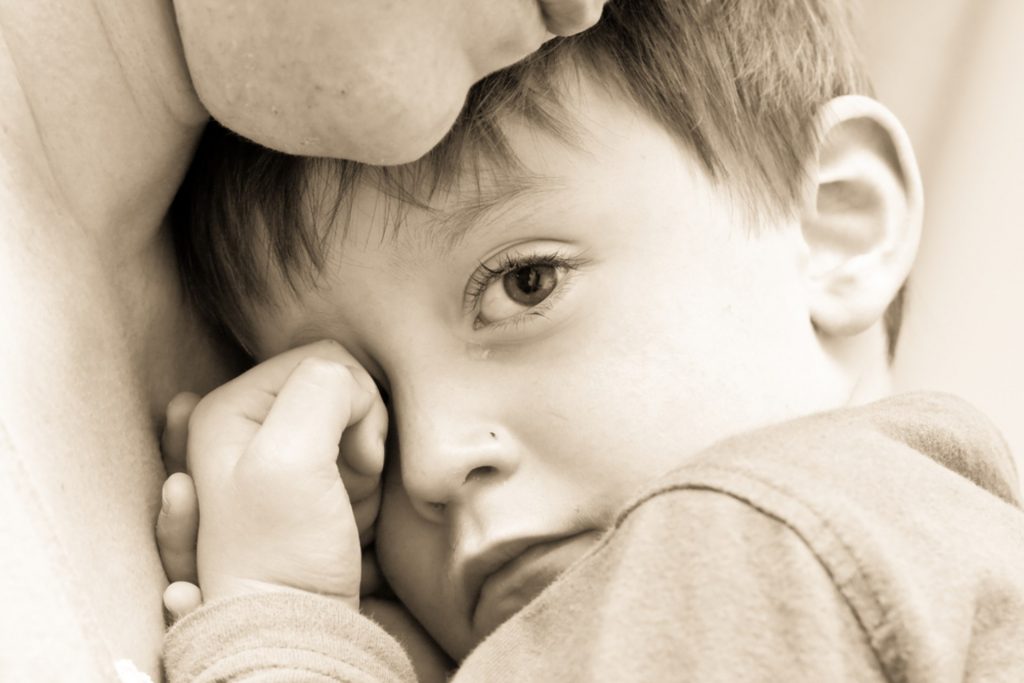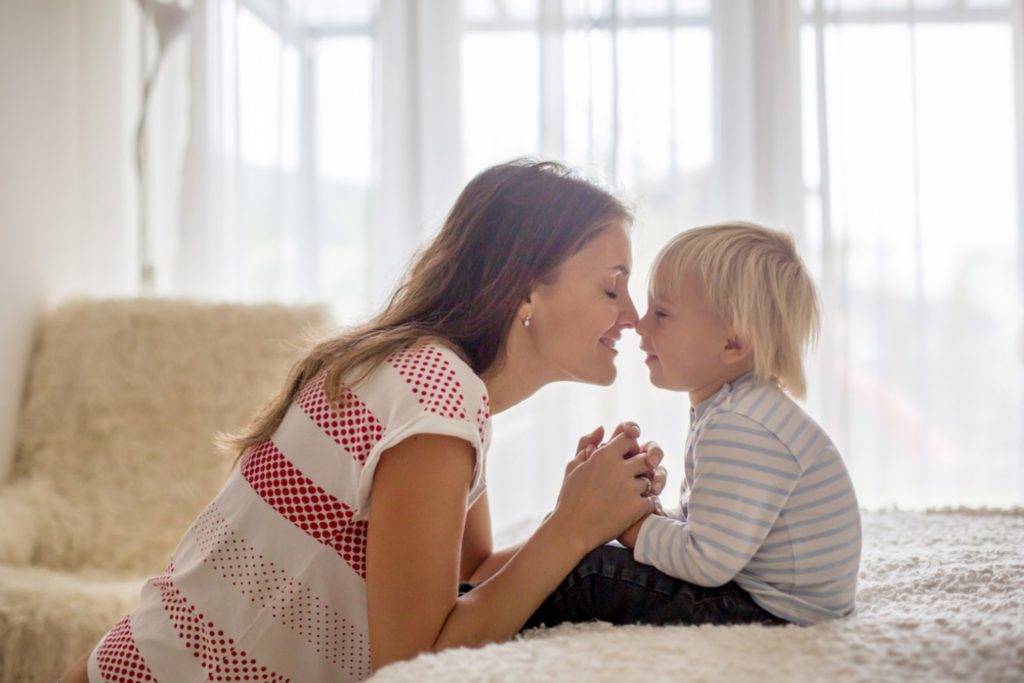By Jenny Mills.
Are you struggling to cope with your toddler and Temper Tantrums? We have all been there at one point or another. So, here are some practical tips to help you survive and recover your loving relationship with your little ones.
Toddler Not Coping with Change
Here’s my story… So, the coronavirus lockdown happened and my 2.5-year-old was pulled from full-time nursery – away from all kid contact for 6 months – as were many! Plus we happened to be moving house, with 4 horses, 2 dogs, and 4 cats on an epic move. And we were pregnant with our second baby. Oh, and then hubby went off to sea two weeks after moving into our new home! A lot for me to cope with, let alone my toddler. And the truth of it was, I wasn’t coping very well!
Excruciating exhaustion set in. I was homesick for our comfortable and easy (previously settled life) at our old house. I was struggling to adapt and settle the animals at the new house. We had a million tasks to do. And Millie (my 2yo) really started to kick off. And I mean kick-off! Every day was an unhappy struggle of anger, tantrums, tears, and emotions I had never seen from my darling little angel. She had turned from a sweet, happy, fun-loving cutie, into a daemon. The temper tantrums were epic!

Feel Like A Complete Failure as a Mother
Needless to say, I was distraught. I felt like a complete failure as a mother. I didn’t know how to make my daughter happy, nor how to console her anymore. And this was something I had always been pretty good at. We had never really experienced tantrums or unrest before. We were really close. And I didn’t know what had gone wrong or how to get back to where we were before.
I surmised that she wasn’t coping with all the change. And this may have had some input. But, at the end of the day, toddlers are very adaptable. And as long as they have their support systems in place, they will adapt. What I was unaware of at the time was how poorly I was coping.
In hindsight, I can now see that she was picking up on my struggles. No matter how well I thought I was hiding my feelings, she was picking up on them. So, how did we turn things around? Well here’s what worked for us…

Coping with Your Toddlers Temper Tantrums
1. Me Time:
This was the most crucial and epic turning point for our road to recovery. When you are struggling to cope with a toddler, we tend to want to cling to them more! And thus, to focus more and more on the issues (and tantrums) at hand.
But sometimes we need to remove ourselves from the situation to heal ourselves. For me, this wasn’t asking for support from a grandparent or someone else for some R&R time. But if you need some space, you really must try and take this! For me, I need to know that I can cope, without stepping out of the situation. So, I found salvation by stepping away from everything but my toddler. I spent two whole days sat with her, doing just what she wanted. And resting in the house with her. Snuggling, playing, and sharing. This weekend gave me back my little girl and helped her to relax and connect with me again.
I learned that I had to stop focusing on all the chores and things that had to be done, and instead have half an hour here and there playing her games. Giving her my full attention. Then we would make the next chore a game together, once she knew she was still 100% safe and loved. And once she knows I was ok too.

2. Talking with Your Toddler
Don’t demand or fight your toddler. This was a conundrum I found myself stuck in many times! Through reading articles on Toddler Negotiation, I managed to adapt my approach.
- Make everything a game: look at how can a chore become a play situation. And praise your little one for all their help.
- Ask your toddler… this would go something like “Millie, would you like to brush your teeth?”. Response: “no”. Me: “ok, well that’s ok, but mummy is going outside to play now, would you like to come too?”. Her response would be more positive this time. Me: “well if you want to go play with mummy, first we have to brush our teeth”. I would then leave the toothbrush ready for her to pick up and not pressure her. Nor would I insist on me forcing a proper clean on her. Let’s face it, we wouldn’t enjoy someone else brushing our teeth for us. And, even a little brush is better than nothing. We can improve on technique, once we have the routine and cooperation. Eventually, she always makes the right choice and does her teeth. I then praise, praise, praise her. And say “Good choice, let’s go play now”.
- Talk to your toddler as an adult. Not as a child and don’t hide facts. I began discussing all the changes in her life and turning them into a positive for her.

How To Talk To A Toddler
So, how do you talk to a toddler as an adult? Well, I began by asking her questions and giving her positive responses and solutions. For example:
- Asking how she felt about daddy being away at sea. And, would she like to see photos of daddy at work, because he couldn’t be at home. She couldn’t understand why he couldn’t be at home. So, I told her it was so we could afford to buy her toys and look after her. We then created a slideshow of photos of Millie with Richard, and Richard at work in his uniform on a digital photo frame. We switch this on together and leave it on whenever he is at work.
- We discussed the baby and every stage of my pregnancy. We discussed how Millie is going to have someone to look after and play with. I taught her to change a nappy on her dollies. We made it into something really exciting. She now kisses and tickles my tummy as her way of talking with the baby.
- I now tell her when I’m upset, and why I’m upset, instead of trying to hide it from her. So saying something like “I’m so sorry, mummy is just very tired just now, or sad just now because of A, B, or C”. And I let her help me make things better. She will give me a hug to make me happy. Or help me carry firewood in or do whatever task is at hand. Therefore, letting your toddler be part of the solution, instead of sitting on the side-lines confused.

3. Praise Your Toddler
Often, we hear about “ignoring negative behaviour” and Temper Tantrums. And “praising only positive behaviour”. This is very true, and good advice. But it’s not always practical!
I fully believe a toddler needs to learn discipline. To understand right and wrong. But this doesn’t mean scolding. It means telling your toddler how sad it makes you feel when they do X. Then move on to the positive immediately. Or “please don’t do Y darling. It makes me very upset, and you don’t like it when mummy feels upset. Why don’t we do Z instead?”.
This works a treat. If I scold, she resists. If I explain my feelings when she does something negative, she wants to understand and to change her behaviors. This book on how to talk to toddlers is great. I listened to this on audible for some hints and tips.

4. Don’t Compare:
It’s so easy to see someone else’s behaving child and feel like even more of a failure as a parent. Trust me, they will have their own pitfalls and challenges. So, really try not to compare. Instead, look for what you have that is good and positive with your toddler. Focus on these good things.
5. You Really Are Doing Great!
Never ever forget. You might not be perfect in your eyes, or in the eyes of others. But you will always be perfect in the eyes of your toddler. And you are always going to be the one they look to, and the one they need. And for us as parents, that’s enough. So it’s time to stop. Take Stock. Take a deep breath. And KEEP ON GOING! Good luck xxx

